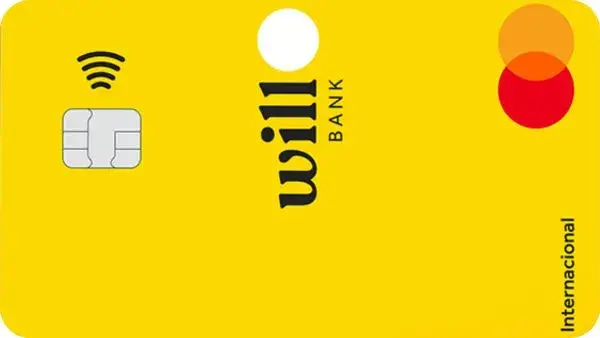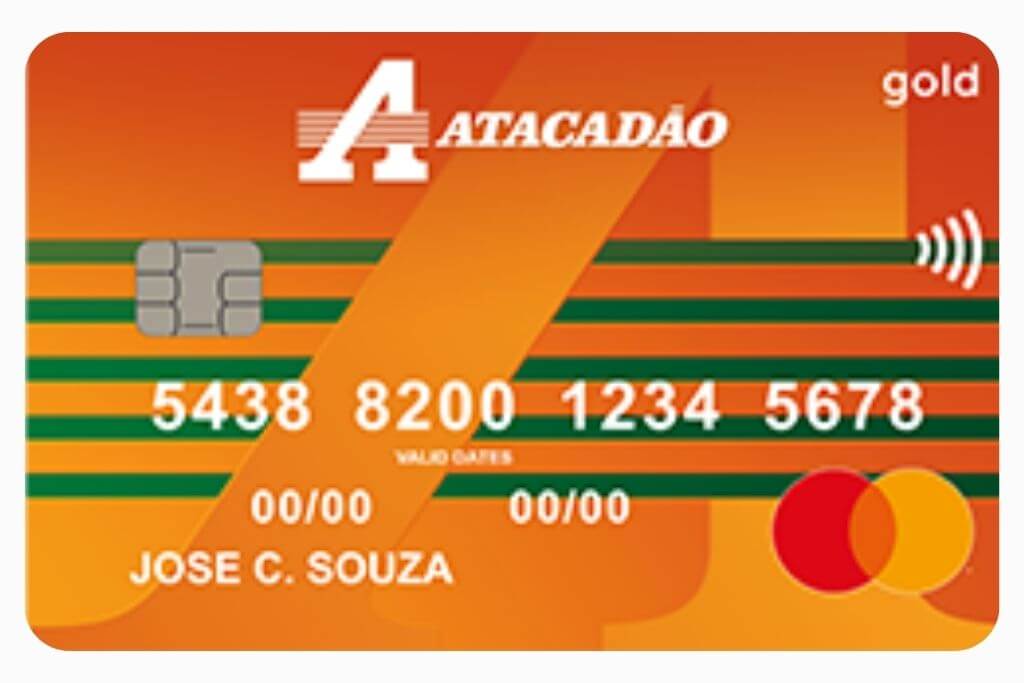Here's how to draw up an effective plan with strategies that will help you pay off your debts
Adverts
For people who find themselves in debt, developing a structured and efficient plan to pay off these debts is a crucial step towards the much-desired financial freedom.
The first essential step is to fully understand the extent of the debt. This involves identifying all the creditors, the balances owed, the associated interest rates and payment deadlines.
This clear and detailed view of debts gives debtors an accurate understanding of their current financial situation, allowing them to make informed decisions about how to proceed.
Adverts
Based on this understanding, it's time to create a payment plan. This involves prioritising the debts with the highest interest rates, as they are the ones that can increase the fastest and represent a greater burden in the long term.
By directing extra resources towards these debts, debtors can significantly reduce the total cost of debt repayment over time.
In addition, it's important to explore debt consolidation, refinancing or negotiation options with creditors. These measures can help simplify the debt repayment process, reduce interest rates and even reduce the balances owed, making debt repayment more manageable and efficient.
However, creating a debt repayment plan isn't just about numbers; it also requires a change of mindset and financial habits. This can involve lifestyle adjustments, such as reducing unnecessary expenses and finding ways to increase income.
By adopting a proactive and committed approach, borrowers can significantly accelerate their progress towards financial freedom.
By following a well-designed debt repayment plan and maintaining a determined and disciplined mindset, individuals can not only get out of the debt cycle, but also build a solid foundation for a more secure and prosperous financial future.
Quick Index:
What causes debt
Debts are financial commitments that one person or entity has with another, resulting from loans, purchases on credit or other financial transactions. When someone takes on a debt, they assume responsibility for repaying the amount borrowed, usually plus interest or other agreed fees.
Debts can be incurred for various reasons, such as financing studies, buying a house, car or other goods, medical expenses, or even to cover everyday expenses. It's important to manage debts responsibly, ensuring that payments are made according to the agreed terms to avoid future financial problems.
There are different types of debt, including secured debts (such as mortgages, where the asset purchased is used as collateral), unsecured debts (such as credit cards, where there is no collateral), short-term debts (which must be paid off in a short period of time) and long-term debts (which are paid off over several years).
When debts are not managed properly, they can lead to serious financial problems, such as difficulty making payments, high interest rates, personal bankruptcy or even loss of assets. It's important to be prudent when taking on debt and to develop a plan to manage it effectively.
Debt repayment strategies
Make an analysis
Start by taking stock of your existing debts. Compile a detailed list that includes each creditor, outstanding balance, interest rate and minimum monthly payment. This comprehensive assessment serves as the basis for creating a targeted payment plan.
Prioritise high-interest debts
Identify the debts with the highest interest rates, as they cost the most in the long run. Prioritise paying off these high-interest debts first to minimise the total interest accrued. This strategy is commonly referred to as the "debt avalanche" method.
Explore Debt Consolidation Options
For people dealing with multiple debts, exploring debt consolidation options can be beneficial. Consolidating debts allows you to simplify payments, potentially secure a lower interest rate and streamline your financial management. This approach makes it easier to stay organised and focused on payments.
Create a realistic budget
Developing a realistic budget is a fundamental step in drawing up an effective debt repayment plan. Identify your monthly income, essential expenses and discretionary spending.
Allocate a portion of your income specifically to debt repayment, ensuring that you have a clear understanding of how much you can realistically commit to reducing your debts.
Cut Unnecessary Expenses
Critically examine your spending habits and identify areas where you can cut unnecessary expenses. Redirect the money saved from these cuts to your debt repayment fund. This disciplined approach speeds up the repayment process and minimises the impact of interest on your outstanding balances.
Negotiate with Creditors
Don't hesitate to negotiate with creditors for more favourable terms. Some lenders may be open to reducing interest rates, waiving fees or adjusting payment schedules.
Engaging in open communication can lead to mutually beneficial agreements that facilitate your debt repayment journey.
Establish an Emergency Fund
Building an emergency fund is crucial to avoid accumulating additional debt when unexpected expenses arise.
Allocate a portion of your budget to gradually establish an emergency fund, ensuring that you have a financial network to fall back on rather than resorting to credit cards or loans in challenging times.
Snowball method
Another debt repayment strategy is the debt snowball method. This involves paying off the smallest debts first, regardless of interest rates.
As each smaller debt is eliminated, the freed-up funds are directed to the next larger debt. This approach provides psychological motivation as debts are paid off more quickly.
Seek professional guidance
If your debt situation is complex or overwhelming, seeking professional guidance can be beneficial. Financial advisors or credit counselling services can provide guidance on debt management strategies, negotiating with creditors and developing a personalised plan based on your financial circumstances.
Be firm and adapt if necessary
Creating a debt repayment plan is not a one-off endeavour, it requires continuous commitment and periodic evaluation. Monitor your progress regularly, celebrate milestones and be prepared to adjust your plan if necessary. Life circumstances can change, and your repayment strategy must remain flexible to accommodate these changes.
Conclusion
Drawing up an effective debt repayment plan is a proactive step towards regaining financial stability and independence.
By assessing your debts, prioritising high-interest balances, creating a realistic budget and exploring debt consolidation options, you can systematically work towards becoming debt-free.
Consistency, discipline and commitment to financial well-being will enable you to overcome the challenges of debt and pave the way for a more secure and prosperous future.
Read more: Self-control and personal finances
You may be interested:















